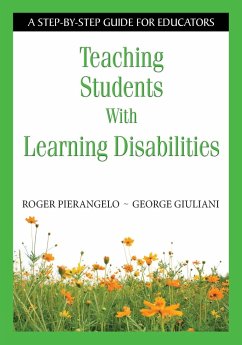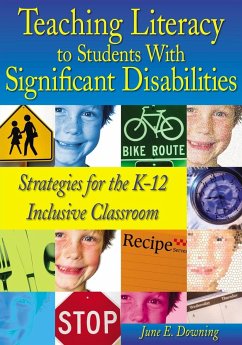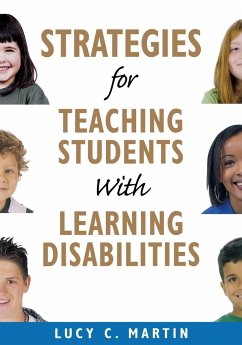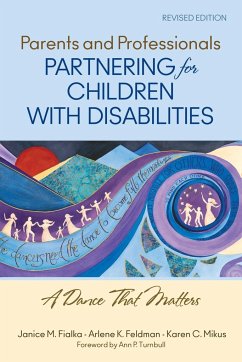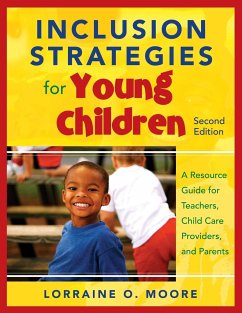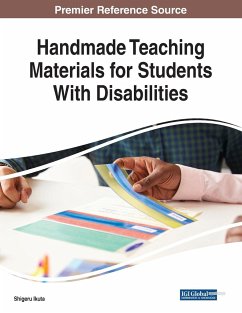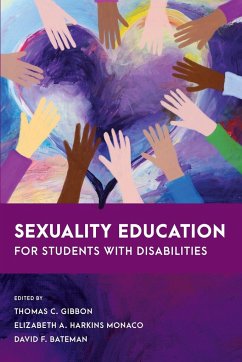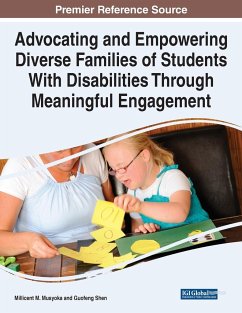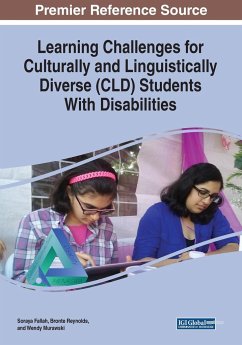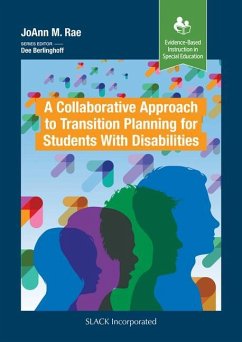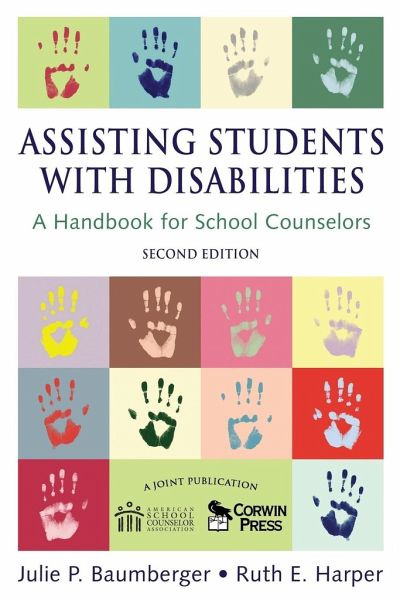
Assisting Students with Disabilities
Versandkostenfrei!
Versandfertig in 1-2 Wochen
30,99 €
inkl. MwSt.

PAYBACK Punkte
15 °P sammeln!
This new edition revisits the important role that school counsellors play in the personal, social, academic, and career development of students with disabilities. While school counsellors play a critical role in the planning and distribution of services to students with special needs, they may have very little training in this area. Baumberger and Harper's essential handbook has been updated throughout to help counsellors work confidently and competently with students who may require special services. The specific model they originally developed is even more useful today as counsellors documen...
This new edition revisits the important role that school counsellors play in the personal, social, academic, and career development of students with disabilities. While school counsellors play a critical role in the planning and distribution of services to students with special needs, they may have very little training in this area. Baumberger and Harper's essential handbook has been updated throughout to help counsellors work confidently and competently with students who may require special services. The specific model they originally developed is even more useful today as counsellors document the ways in which they connect student data with appropriate interventions. The book chapters provide: . Clear explanations of recent changes shaping the legal context for working with students with disabilities . Tips to help counsellors identify students eligible for special services . Suggestions for designing realistic, measurable IEP goals . A number of case studies that walk readers through effective counselling responses . Insight into gaining parents' trust, involving families positively in schools, and counselling siblings of students with disabilities . Strategies for integrating the individual needs of students with disabilities into comprehensive school counselling programs Every school counsellor feeling the weight of accountability will welcome this guide to measurable, improved service delivery for students with special needs.





